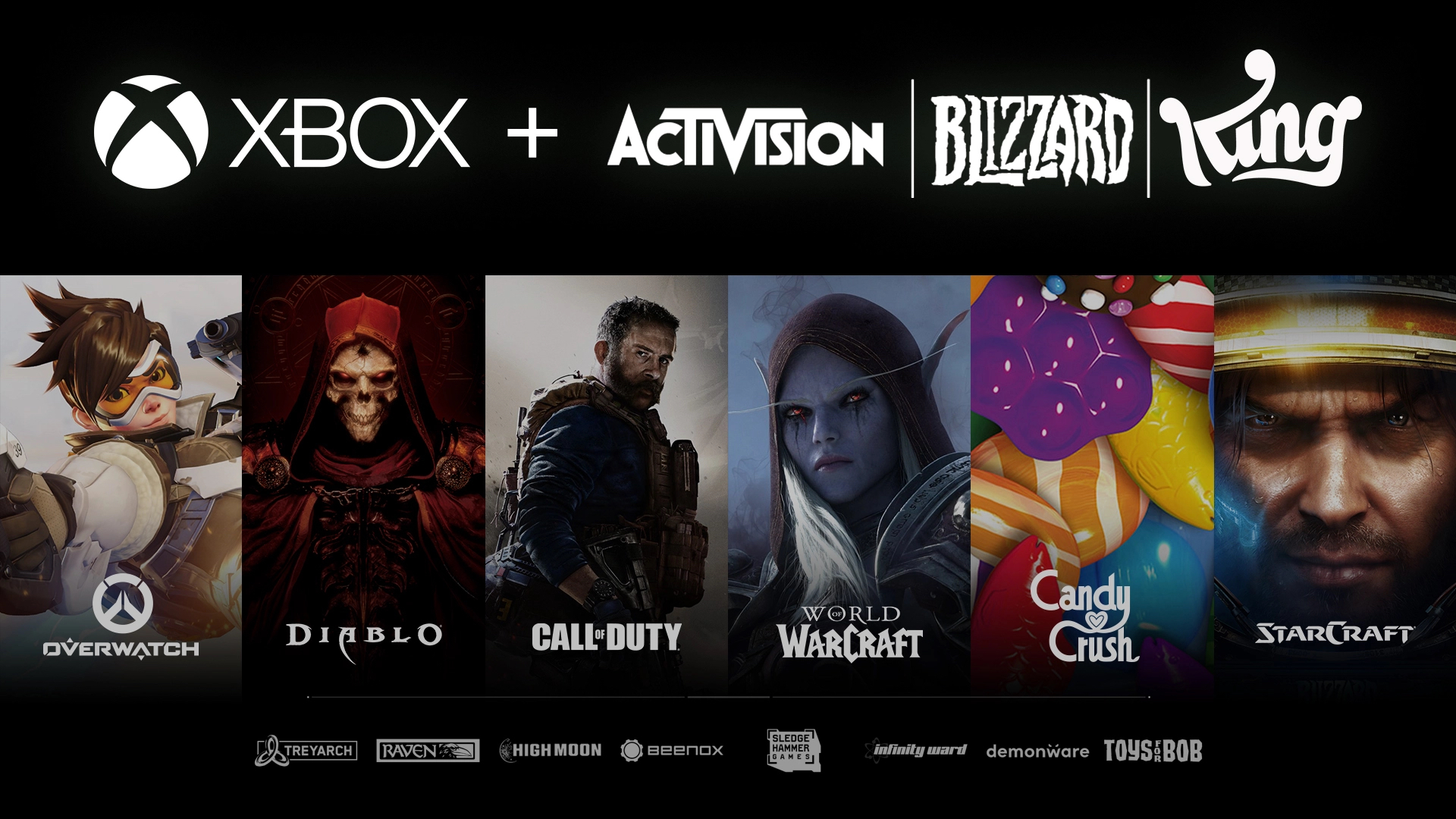
After more than 40 years of operation, DTVE is closing its doors and our website will no longer be updated daily. Thank you for all of your support.
Microsoft’s US$69 billion Activision Blizzard deal would ‘harm rivals’ says CMA

Microsoft’s proposed US$69 billion deal to acquire Activision Blizzard has hit a roadblock, with the UK’s Competitions and Markets Authority (CMA) raising concerns over the takeover.
The deal, announced in January, would represent Microsoft’s largest ever acquisition, more than double the US$26 billion the company paid for LinkedIn in 2016, and would be the biggest ever deal in the history of videogames. It would largely serve to bolster Microsoft’s Xbox Game Pass subscription service which serves as the closest thing to a videogame equivalent of an SVOD.
The CMA previously launched an initial inquiry at the beginning of July with a September 1 deadline, and has now said that the deal requires an in-depth investigation as it could harm competition in consoles, subscription services and cloud gaming.
In a statement, the regulator said: “We are concerned that Microsoft could use its control over popular games like Call of Duty and World of Warcraft post-merger to harm rivals, including recent and future rivals in multi-game subscription services and cloud gaming,”
Microsoft for its part has pledged to keep popular Activision titles on Sony’s PlayStation system. Brad Smith, president and vice chair of Microsoft said: “We want people to have more access to games, not less.
“Sony, as the industry leader, says it is worried about Call of Duty, but we’ve said we are committed to making the same game available on the same day on both Xbox and PlayStation.”
The CMA also pointed to Microsoft’s current strength as a leader in cloud gaming, and said that this combined with the Activision library could damage competition for cloud gaming services.
Activision still expects the deal to close by the end of Microsoft’s financial year in June 2023. It still requires approval in the US, the EU and China in order to go through.
Both companies have until September 8 to submit proposals addressing the concerns of the CMA.


